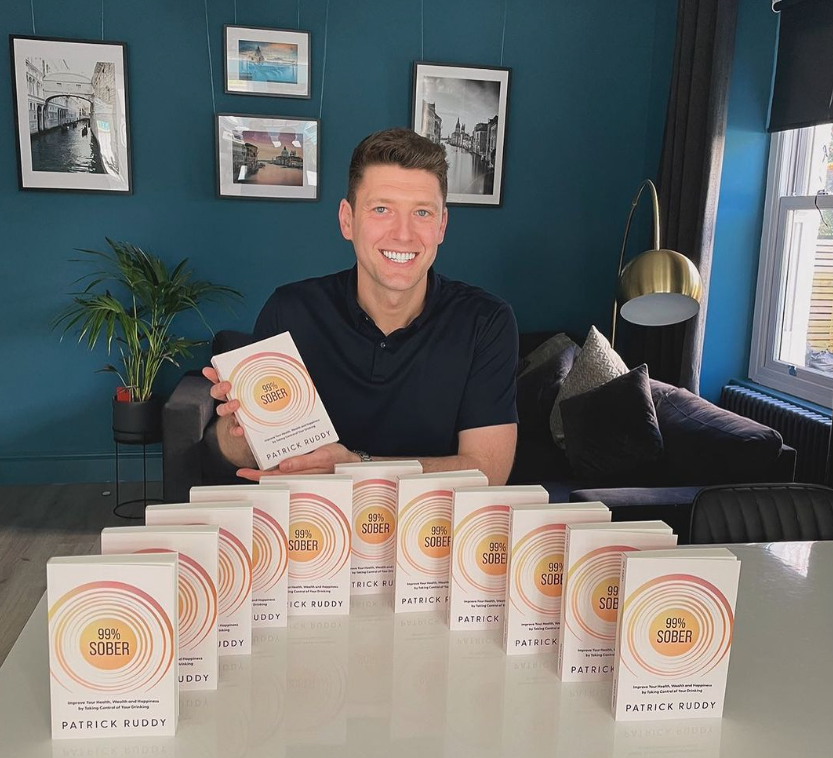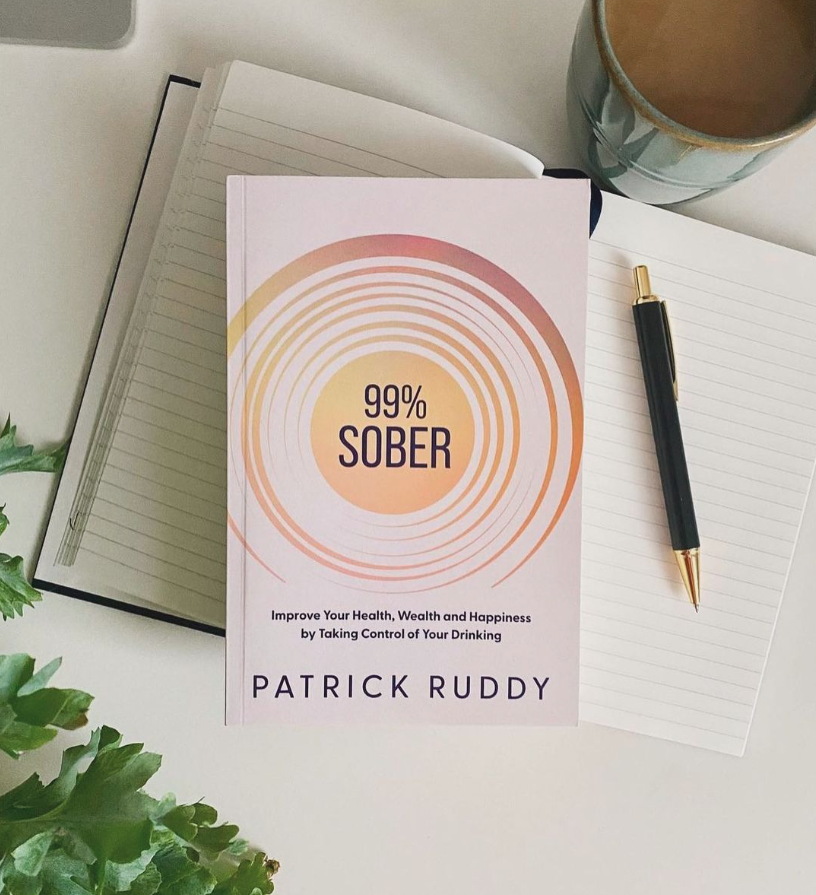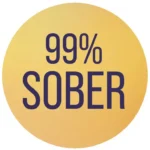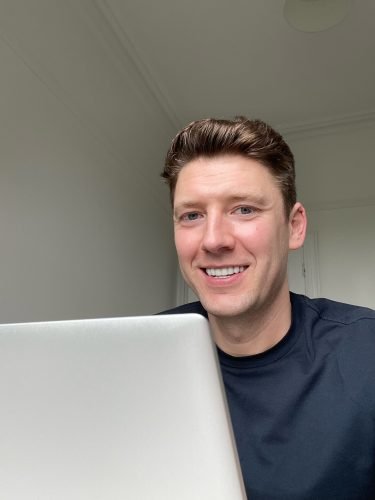

In the past, so much of my energy was used contemplating this question. Hours were spent completing online questionnaires, and then changing my answers in hopes of getting a kinder answer. When I didn’t find an answer to the big question that suited, I tried variations on it:
Do I have a drink problem?
Why can’t I stop after a few drinks?
How can I moderate my drinking?
How do I control my drinking?
I’ve gone down rabbit holes on google by asking each of the above. Despite all the physical and mental harm alcohol has caused me and everyone around me, and the negative impact on my family life and relationships, I devoted huge amounts of energy and time to finding ways to keep it in life. Coming to the realisation that alcohol actually wasn’t doing me any favours, and I shouldn’t really have it in my life was a relief … .at first!
This was quickly followed by other emotions. I was anxious, apprehensive, nervous, even scared about not drinking. If I don’t drink, how will I be able to socialise? What will I tell people? What will people think when I ask for a diet coke at the bar? I’m used to being the life and soul of the party, the loud funny guy who chats to everyone, cracks jokes, gets the party going…I need to drink to be that guy.
“Without drink, I’m destined to become the wedding guest whose name you search for on the seating plan and pray they are not at your table. It’s bad enough I’m an accountant, but a sober accountant. That’s a tough sell.”
I could already see people glancing over my shoulder and suddenly needing to be somewhere else when I introduced myself. Could I even go to these things sober? What would be the point? Nervously walking around clutching a warm glass of orange juice whilst everyone else gets on it. What is the warm orange juice all about anyway, do they do that on purpose?
“Hey Stevie, make sure you store the cartons of radioactive orange juice next to the heater, we need it to be warm for the sober people arriving. Oh, and make sure the glasses are sticky.”
I could already hear my mates down giving me grief for it down the pub. The jukebox cutting off suddenly when I ask for a diet coke instead of a pint like everyone else. I could hear the questions. “Why are you not having a drink Paddy? What’s wrong with you?” What is wrong with me? Why can’t I have a few drinks and enjoy it like everyone else? Why have I taken it so far and ruined it for myself?

Drink or the drinker?
For most of my life, I viewed alcohol as an essential ingredient to a happy and successful life. This view is shared by most people, and understandably so. Alcohol is so ingrained in our society and normalised that despite it being an addictive drug, we actively encourage each other to take it. We even challenge our friends and family when they don’t join us in a drink.
Imagine having to pretend you were on antibiotics to avoid smoking at a work event? Or taking the car to a family gathering so you have a good excuse for not taking a few lines of coke? We can see that would be ridiculous. But with alcohol, it’s normal. “Go on, you can at least have one? Leave the car here, get a taxi home and pick it up tomorrow.”
We don’t apply this peer pressure to alcoholics. No, when people have got so addicted to the addictive substance that they have been forced to stop taking it all altogether, we can then stop trying to get them to take it. We can support them in their struggle. We can get them a diet coke and pity them. Poor them. They’ve taken it too far. Not like me. I can take it or leave it.
There is no medical definition of an alcoholic. There isn’t a threshold of units that determine when you cross the line from moderate drinker to heavy drinker to alcoholic. It’s a self-diagnosed label. Only you can determine if you are an alcoholic. Only you can determine if you suffer from the disease of alcoholism. I don’t understand why. I started to question how useful the concept of alcoholism as a disease, or medical condition that only affects alcoholics was.
People who regularly take cocaine don’t suffer from “cocainism”. People who smoke regularly aren’t “smokaholics”. They don’t suffer from a disease. They have simply taken an addictive substance, cocaine or nicotine, and become addicted to it and now use it regularly, even though it has a negative impact on their health and wellbeing.
I started to question why we view drinking differently. With alcohol, why do we view the person as the problem, rather than the addictive substance itself?
Looking back, I think the fear of being labelled an alcoholic was one of the things that spurred me on in my quest for moderation. What will people think when I say I can’t drink? Will they think I’m an alcoholic? The fear of being labelled an alcoholic was another reason to keep on drinking. The irony is not lost on me.
This critical thinking, and challenging my long held belief that alcohol was great, and that those who became addicted to it were defective, lesser, or somehow different from the rest of us, was a pivotal step on my journey to sobriety.
Viewing alcohol as an addictive substance that was having a negative impact on my health and wellbeing, rather than something I needed was key. By choosing not to drink it, I wasn’t depriving myself of anything.
I finally flipped the question on its head. I stopped tying myself up in knots trying to answer if I was an alcoholic. I reframed the question. I asked myself instead: “Would my life be better with less alcohol in it?”
The answer was a resounding “Yes”. My life had been narrowed by drinking. It was a life where I made it through work, got to the end of the week exhausted and reached for a drink. A lot of drinks. I started the next week sluggish from the weekend, limped through it and then repeated the cycle. It was time to break the cycle. The 99% sober approach helps me do that.

About the Author
Author Patrick Ruddy lives in Scotland with his wife and children. As an accountant, he’s made a career helping clients stay in control of their finances, yet spent decades in a secret battle to stay in control of his drinking. He now wants to help others break the cycle with his new book available on Amazon, offering support and encouragement for anyone interested in sobriety or a low alcohol lifestyle. Visit his website at 99percentsober.com to read the first chapters for free, or follow him on instagram @99percentsober
